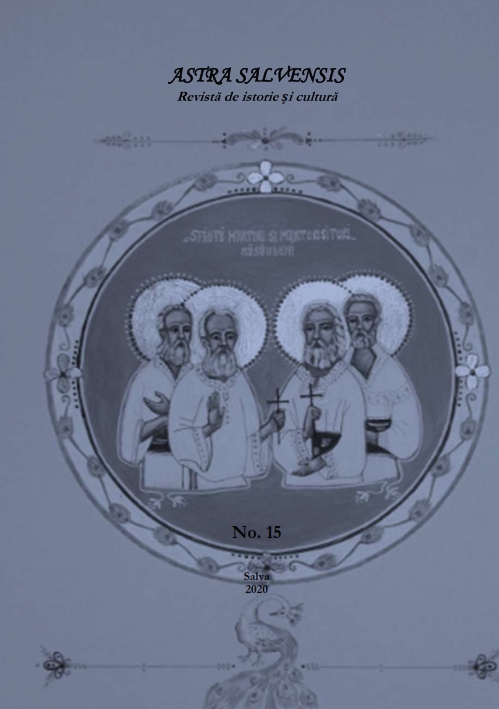Christians as “Tertium Genus” in the Context of Church Jurisdiction
Christians as “Tertium Genus” in the Context of Church Jurisdiction
Author(s): Sava MilovanovićSubject(s): Theology and Religion, Sociology of Religion
Published by: Asociaţiunea Transilvană pentru Literatura Română şi Cultura Poporului Român - ASTRA
Keywords: Russian orthodox church abroad; nation; diaspora; ethnophyletism; 34th Apostolic Rule;
Summary/Abstract: This paper aims to analyse the question of whether Christians perceivedthemselves as a distinct ethnicity in the first centuries and to discuss the relationship betweenChristian identity and ethnic/national identity, especially in the context of church organization. Inthe first part of this paper, we are going to present the arguments of the two ecclesiological conceptionsas well as the historical circumstances that induced the formulation and systematization of theirargumentation. The jurisdictional disputes of the 20th century were the factors that intensified thecontroversy over national identity as a factor in church jurisdiction. In the second part of the paper,we are going to discuss the concept of Christians as the "third race" in early Christian and pagansources, in order to answer the question whether, according to early Christian theology, church identitywas excluding ethnical identity. It is concluded that Christians were a "third race" exclusively inreligious terms, in relation to Greeks and Jews, and that they were not summoned to reject their ownethnicity and to form a new nation on religious grounds. Organizing dioceses on a national basis,being in a collision with the canonical territorial principle, was thought to serve the Church's mainpurpose - the salvation of people, in the sense that believers had the opportunity to have bishops whocould understand their mentality, language, and customs
Journal: Astra Salvensis - revista de istorie si cultura
- Issue Year: VIII/2020
- Issue No: 15
- Page Range: 109-130
- Page Count: 22
- Language: English

